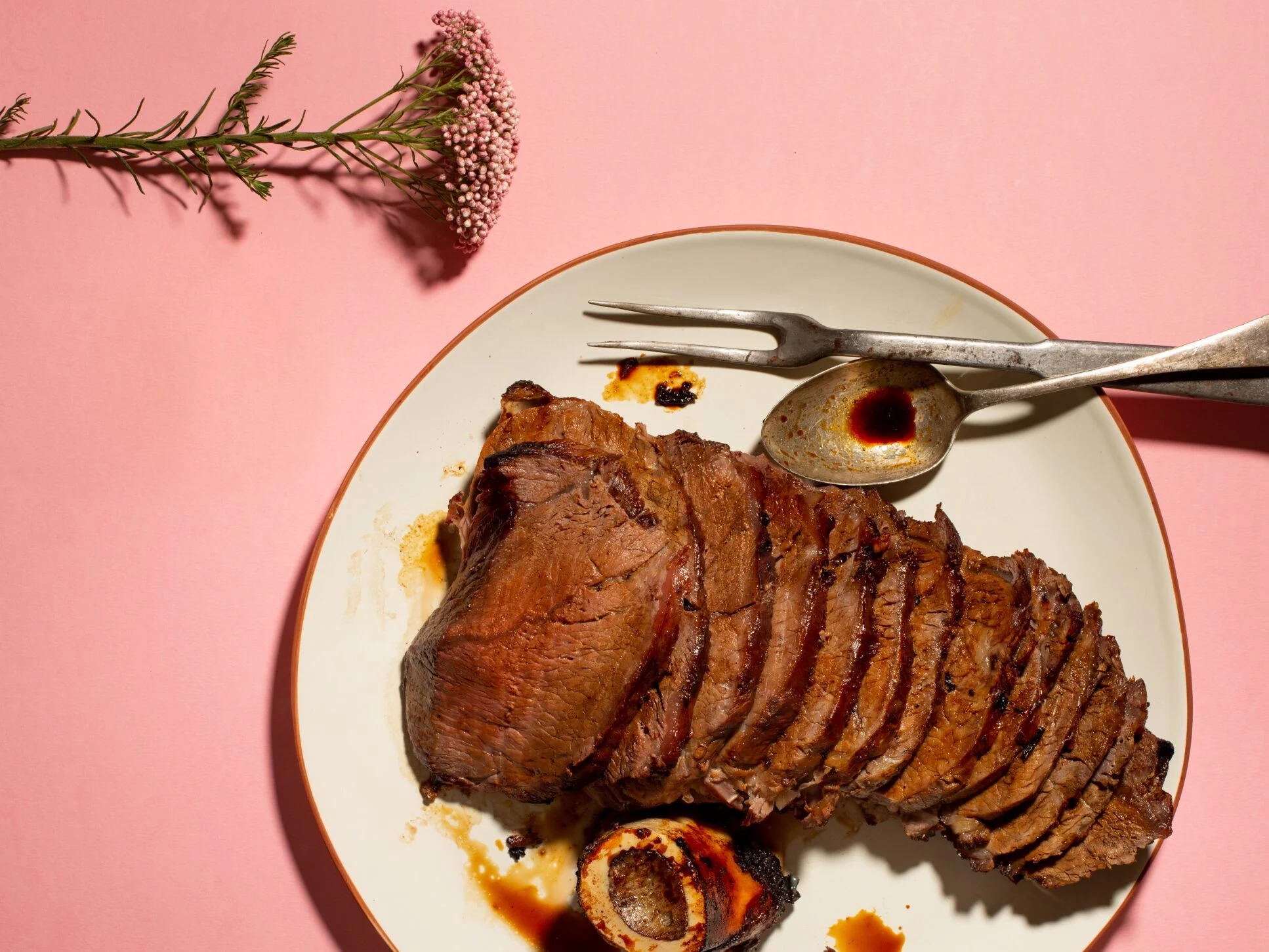
The laws of cooking on Yom Tov differ to those of cooking on Shabbat. On Yom Tov, the Torah permits cooking whatever is necessary for the sake of that day, providing one only uses an existing flame. This is learned out from the pasuk in Sefer Shemot, Parashat Bo (12:16):
כׇּל־מְלָאכָה לֹא־יֵעָשֶׂה בָהֶם אַךְ אֲשֶׁר יֵאָכֵל לְכׇל־נֶפֶשׁ הוּא לְבַדּוֹ יֵעָשֶׂה לָכֶם:
No work at all shall be done on them (on Yom Tov); only what every person is to eat, that alone may be prepared for you.
Although one is permitted to cook on Yom Tov when the intention is to benefit from the food on the same day, according to Ashkenazic custom, food that can be cooked prior to the holiday — and in doing so would not lose its quality or taste — should ideally be prepared prior to Yom Tov. One who was able to cook such food prior to Yom Tov, but did not, should cook it on Yom Tov with a shinui. An example of a shinui would be to cook that dish in a larger pot that one is accustomed too. In a situation of oness — for example, if one runs out of food or if unexpected guests arrive — one may cook such a dish on Yom Tov without a shinui (Shulchan Aruch and Rema 495:1).
This custom was not adopted by the Sefaradim and one may therefore cook on Yom Tov such a dish even if doing so before Yom Tov would not have reduced its quality or taste (Ohr Letzion, vol. 3, 19:1)
One may not cook or perform any melachah on Yom Tov if the purpose is to only benefit from it on the following day. This prohibition applies whether the following day is a regular chol day or even a kodesh day, such as Shabbat or Yom Tov.
One may, however, prepare and cook an extra quantity of food on Yom Tov to be eaten on the following day, whether Yom Tov or Shabbat (if one prepared an Eruv Tavshilin). This is permitted on the basis that cooking food in larger quantities enhances its quality and taste. As the larger quantity of food brings benefit to the food that will be eaten later that same day, we consider such preparation done for the sake of the day itself.
That being said, this halachah would only apply when increased quantity indeed enhances quality, such as when cooking multiple pieces of chicken or meat. However, if one is frying a piece or two of chicken at a time, they would only be allowed to fry the quantity needed for that day of Yom Tov. Since multiple actions are required, the latter actions are obviously done for the sake of the next day and would therefore only be permitted in the event that quality and taste are indeed added, which would not be the case in frying multiple pieces one after the other.
When heating water on Yom Tov, since more water does not add quality or flavor, if the water is already on the fire, one may not add more, since it requires an action which is clearly done for the sake of the following day. However, if the water is not yet on the fire, if one is anyways heating water for that day itself, one may add the quantity they desire — on condition that it would only require one action of pouring or placing.
One should be aware that cooking extra quantities may only to be done with sincere intentions to consume part of the dish on that same day prior to sunset.
Note: When cooking larger quantities (in the permitted manner, see above) to be used the next day, one should refrain from mentioning this in order to preserve the honor of Yom Tov.